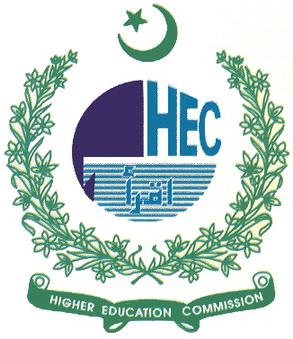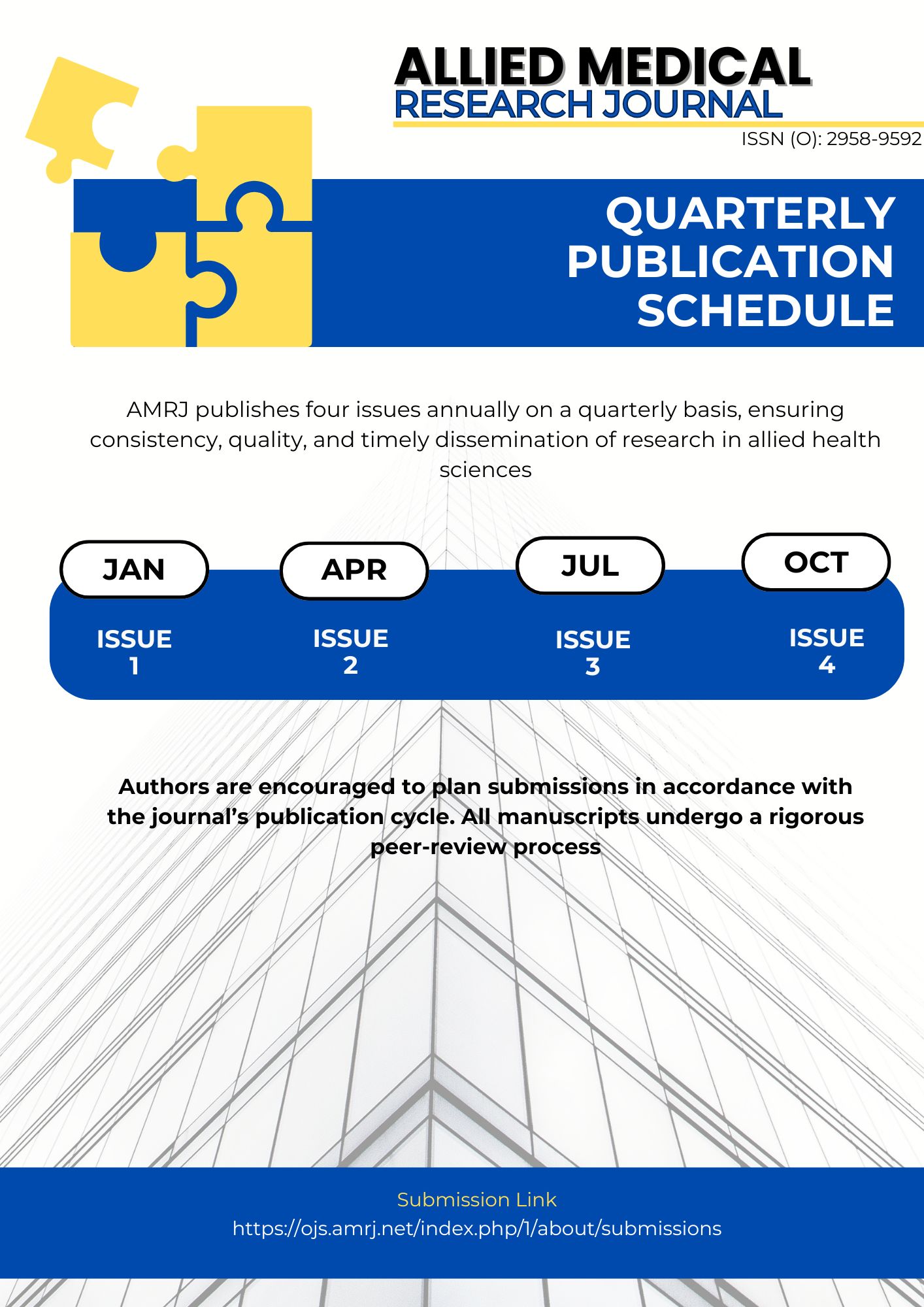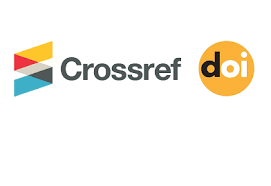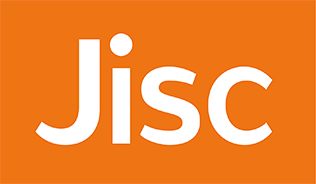Unveiling the Roadmap to Heart Health: Evaluating Modifiable Cardiovascular Disease Risk Factors in Middle-Aged Adults of Karachi
Keywords:
Cardiovascular Diseases, Health Education, Knowledge, Risk FactorsAbstract
Background
As a result of urbanization and lifestyle modifications, the burden of cardiovascular diseases (CVDs) is rising in developing nations. These nations' scarce resources and low literacy rates make it difficult to effectively manage CVDs. For prevention efforts, knowledge of modifiable risk factors is essential. The purpose of this study was to evaluate knowledge levels among people who had their first acute myocardial infarction and to identify variables related to a thorough comprehension of modifiable CVD risk factors.
Methods
In a cardiovascular disease centre in Lahore, Pakistan, a cross-sectional study was carried out. Anyone who was admitted to the hospital with an acute myocardial infarction diagnosis was eligible to participate. To assess knowledge of modifiable risk factors, such as fatty food consumption, smoking, obesity, and inactivity, a structured questionnaire was given to participants. For analysis, descriptive statistics were employed.
Results
80 participants were included; 60% of them were men, and their average age was 50.2 years. Participants demonstrated good knowledge of smoking and exercise, but there were misconceptions about eating fatty foods and becoming obese. Moreover, the general Pakistani population's knowledge levels were consistent across studies.
Conclusion
While participants demonstrated reasonable knowledge of modifiable risk factors for CVDs, there were gaps in understanding, particularly related to fatty food consumption, obesity, and exercise. Targeted educational interventions and awareness campaigns are needed to address these gaps and promote healthier lifestyle choices. Increased knowledge can contribute to better prevention and management of CVDs.
References
Estel C, Conti CR. Global burden of cardiovascular disease. Cardiovascular Innovations and Applications. 2016;1(4):369-77.
Kassa M, Grace J. The global burden and perspectives on non-communicable diseases (NCDs) and the prevention, data availability and systems approach of NCDs in low-resource countries. In Public Health in Developing Countries-Challenges and Opportunities 2019. IntechOpen.
Vogel B, Acevedo M, Appelman Y, Merz CN, Chieffo A, Figtree GA, Guerrero M, Kunadian V, Lam CS, Maas AH, Mihailidou AS. The Lancet women and cardiovascular disease Commission: reducing the global burden by 2030. The Lancet. 2021;397(10292):2385-438.
Volgman AS, Palaniappan LS, Aggarwal NT, Gupta M, Khandelwal A, Krishnan AV, Lichtman JH, Mehta LS, Patel HN, Shah KS, Shah SH. Atherosclerotic cardiovascular disease in South Asians in the United States: epidemiology, risk factors, and treatments: a scientific statement from the American Heart Association. Circulation. 2018;138(1):e1-34.
Ralston J, Reddy KS, Fuster V, Narula J. Cardiovascular diseases on the global agenda: the United Nations high level meeting, sustainable development goals, and the way forward. Global Heart. 2016;11(4):375-9.
Janakiram C, Dye BA. A public health approach for prevention of periodontal disease. Periodontology 2000. 2020;84(1):202-14.
Dinh TT, Bonner A, Clark R, Ramsbotham J, Hines S. The effectiveness of the teach-back method on adherence and self-management in health education for people with chronic disease: a systematic review. JBI Evidence Synthesis. 2016;14(1):210-47.
Misra R, Balagopal P, Raj S, Patel TG. Vegetarian diet and cardiometabolic risk among Asian Indians in the United States. Journal of Diabetes Research. 2018;2018.
Levin-Zamir D, Leung AY, Dodson S, Rowlands G. Health literacy in selected populations: Individuals, families, and communities from the international and cultural perspective. Information Services & Use. 2017;37(2):131-51.
Sadeghi R, Adnani N, Erfanifar A, Gachkar L, Maghsoomi Z. Premature coronary heart disease and traditional risk factors-can we do better? International Cardiovascular Research Journal. 2017;7(2).
Barolia R, Sayani AH. Risk factors of cardiovascular disease and its recommendations in Pakistani context. JPMA. The Journal of the Pakistan Medical Association. 2017;67(11):1723.
Mohsin SN, Muddassir A, Shakoor A, Razi A, Khan IM, Ateeq S. Insight and Behaviour of General Population Regarding Modifiable Risk Factors for the Prevention of Cardiovascular Disease. Pakistan Journal of Medical & Health Sciences. 2022;16(03):366-.
Aathira CM, Mohanraj KG. Awareness of the risk factors of cardiovascular disease among young adult population–A survey-based study. Drug Invention Today. 2019;11(9).
Ahmed AA, Al-Shami AM, Jamshed S, Zawiah M, Elnaem MH, Mohamed Ibrahim MI. Awareness of the risk factors for heart attack among the general public in Pahang, Malaysia: A cross-sectional study. Risk management and healthcare policy. 2020:3089-102.
Ebrahim, M.A.G., 2018. Knowledge about the Symptoms and Risk Factors of Ischemic Heart Disease in Ombada, Omdurman, Sudan (Doctoral dissertation).
Alwakeel AA, Alshehri RA, Alshehri RA, Merghani T. Evaluation of knowledge, attitudes and practice of coronary artery disease risk factors among general population in Tabuk City, Saudi Arabia. The Egyptian Journal of Hospital Medicine. 2018;73(7):7064-8.
Rajper FQ, Qureshi A, Tunio IA, Mojai SA, Siddiqui MI, Ahmer A, Unar A, Unar K, Ahmed T, Sabzoi WA. Knowledge, Attitude and Practice of Cardiac Patients Regarding Reversible Risk Factors. Journal of Pharmaceutical Research International. 2021;33(30A):61-6.
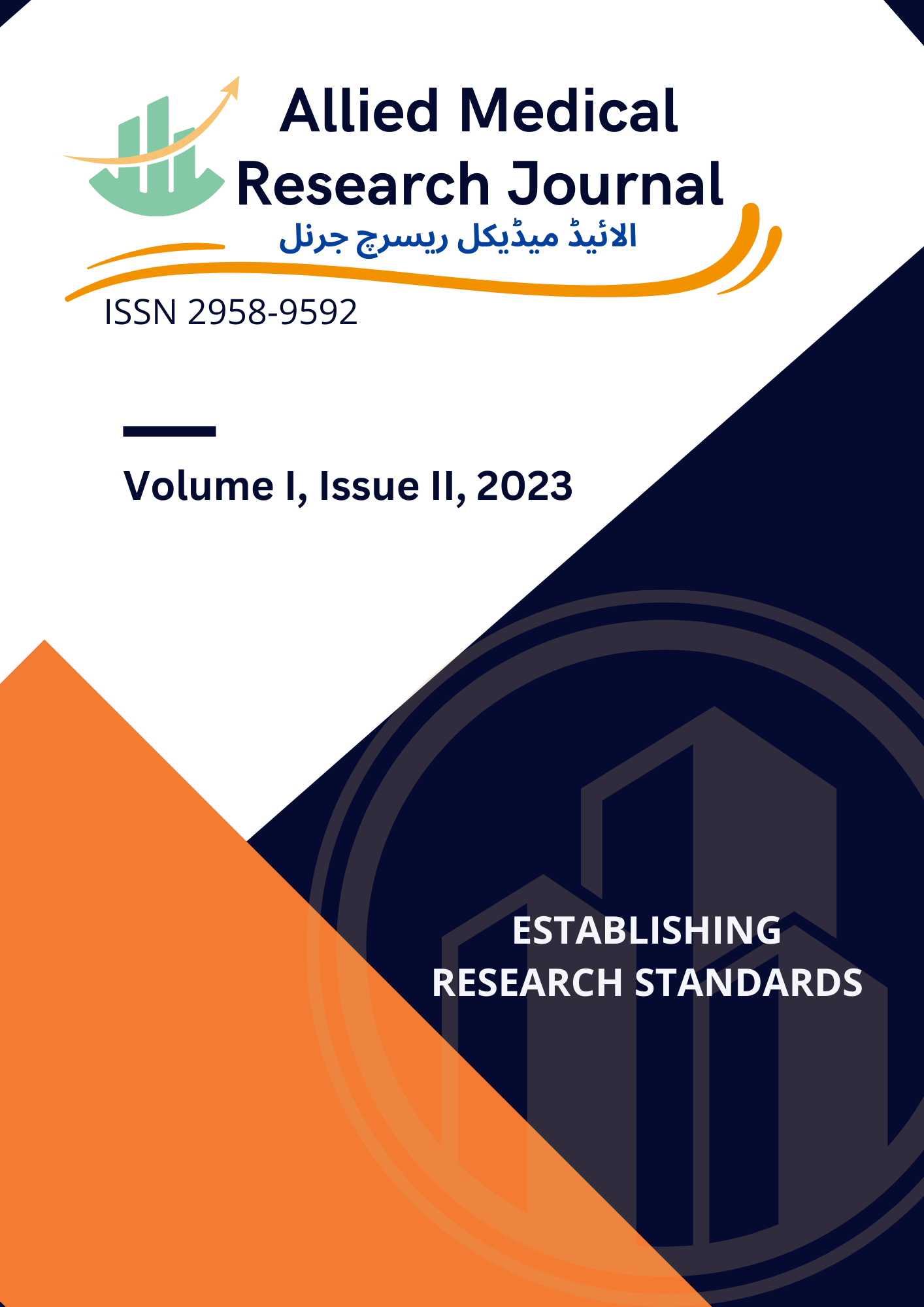
Downloads
Published
Issue
Section
License
Copyright (c) 2023 Humera Ambreen, Nooria Naeem Dar, Moazzma Ahmad, Suhail Karim, Rameela Jabbar, Hina Javed

This work is licensed under a Creative Commons Attribution-NonCommercial 4.0 International License.

